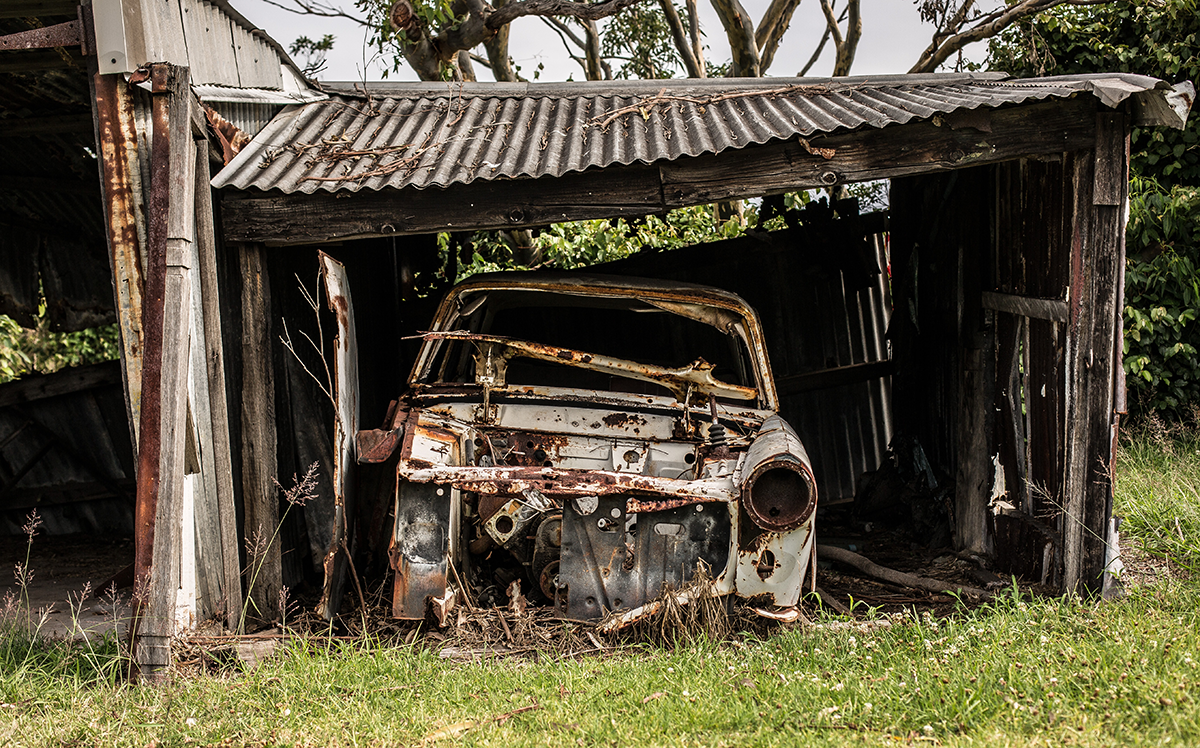Simply put, any asset that hasn’t been used or claimed within a certain period of time is considered abandoned. There are usually very clear laws on what is considered an abandoned asset, how much time must pass for that to occur, and what happens to it afterwards. Those regulations usually name the government agency that deals with managing such assets and with the observance of all procedures related to them.
Are there a lot of abandoned assets?
You’d be surprised how often people forget they have a bank account or an insurance policy, let alone an investment via one of the hundreds of online and mobile trading applications. And if owners forget about them or don’t take good care of them, how are their heirs supposed to identify and find those assets if something unexpected happens? By 2020, there were a whopping $49.5 billion in unclaimed assets in the US alone. The global numbers easily exceed $100 billion, and that’s not counting the billions of dollars that are returned to their rightful heirs every year.
In short – there are quite a lot of abandoned assets.
What are the biggest risks associated with abandoned assets?
People work really hard to achieve the lifestyle they’ve always dreamed of. That also means sharing that standard of living with their partner and children. Regardless of who’s the primary or sole earner, the whole family lives the same way as everything is a shared effort.
Imagine for a moment, however, that something unexpected happens to one of the partners in a household. Unless the other family members are aware of his or her assets, there’s a very high chance they will remain unclaimed. The physical and emotional pain of losing a loved one is indescribable, but being forced to relocate or sell assets in order to survive, on top of that, is something else.
And that’s perhaps the biggest risk associated with abandoned assets: your loved ones not being aware of the inheritance that’s supposed to give them a chance of keeping their sanity in a moment of intense loss and grief.
What happens with unclaimed abandoned assets?
The semantics differ from one regulation to another, but the logic of what happens to unclaimed abandoned assets is largely the same. After the asset owner passes away or disappears, there’s usually a period of time that needs to pass for an asset to be considered abandoned. This period often differs for the various types of assets.
After that waiting period is over and an asset is categorized as abandoned – meaning no one comes to claim it – the state steps in. The asset is officially held by the respective government agency, which then takes specific actions directed towards finding the rightful owner and/or their heirs. That involves passive means (such as maintaining public registries of such assets) and more direct actions (such as trying to contact those people directly).
If the attempts to connect abandoned assets with their rightful owners ultimately fail, those assets officially become government property and are then used as per the state’s discretion.
How can we mitigate the risk of our assets becoming abandoned?
As we established, the risk of our assets becoming abandoned if something unexpected happens to us is very real. Apart from the obvious negative effect of our hard work going to waste, the worst part is that our loved ones won’t receive the support they’d need so badly. There are some straightforward steps we can take to ensure that doesn’t happen:
- Cataloging our assets
The first and most important step is to have valuable information on all our assets in one secure place. That doesn’t mean listing bank account details. It can be as simple as “Account at Bank X,” “Life insurance in Company Y,” etc. That helps our loved ones immensely in gaining a sense of what they should search for and where. - Assigning beneficiaries to them
This comes as a logical “upgrade” of listing information on our assets in one secure place. Regardless of whether we’d like to leave everything to one person or to several people, it’s always good to make sure there’s an easy way for everybody to know what you would have wanted them to know regarding the assets you assigned to them. - Assigning trustees
Sometimes beneficiaries aren’t good with finances or modern tech, which almost negates our efforts to help them understand where to find the assets we’ve left them. It’s a good idea to assign a person you can rely on as a trustee to your estate, with the primary job of assisting your loved ones in claiming their inheritance.
Thankfully, there are convenient digital inheritance services such as DGLegacy that combine all the essential steps above. With our application, you gain peace of mind and your loved ones gain a trusted partner to help and guide them in their time of need. The results of your hard work will fulfill their ultimate purpose, instead of joining that ever-growing number of unclaimed assets.



